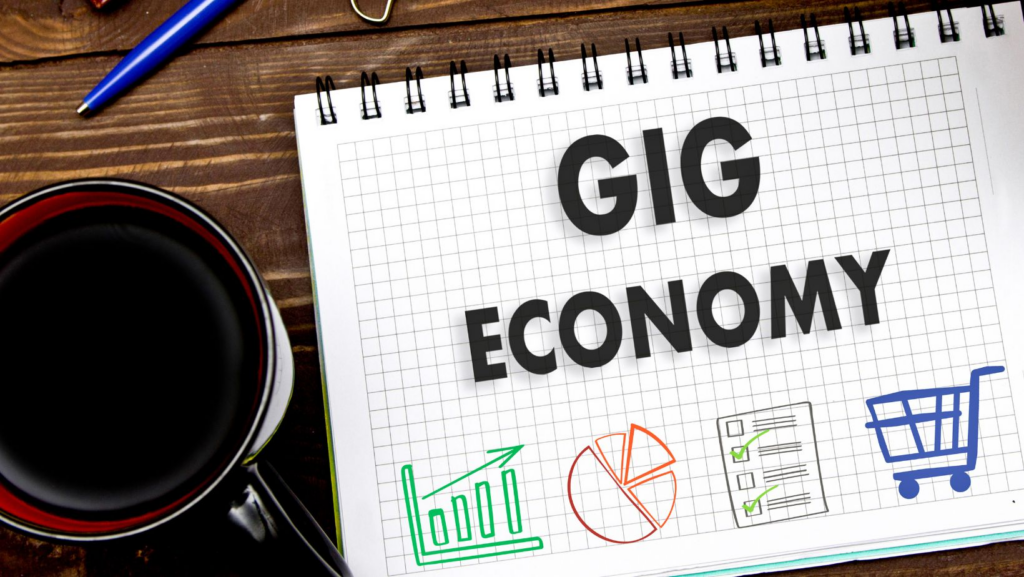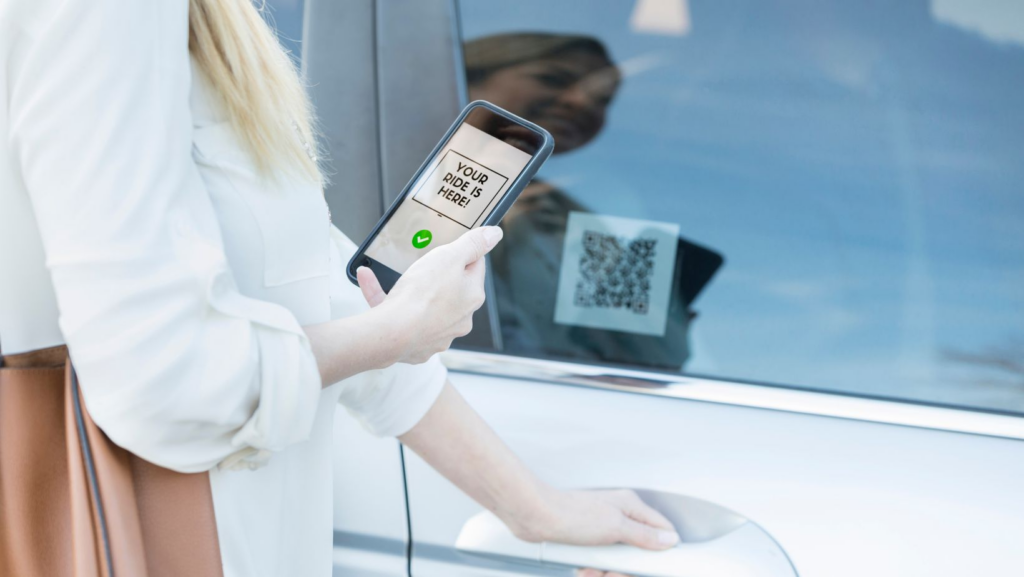
In recent years, the term “millennial lifestyle subsidy” has gained traction, sparking curiosity and debate. This concept explores how the modern economy, driven by technology and innovation, provides millennials with unprecedented access to services and experiences at reduced costs. From ride-sharing apps to streaming services, these convenient options have reshaped how this generation lives and spends.
Millennials, often characterized by their tech-savvy nature and desire for experiences over possessions, are at the forefront of this economic shift. They’ve embraced a lifestyle where ownership takes a backseat to access, and convenience reigns supreme. This shift isn’t just altering personal habits; it’s redefining industries and influencing market trends.
Millennial Lifestyle Subsidy
Millennials, individuals born between 1981 and 1996, prioritize experiences over traditional ownership. This shift, driven by a tech-savvy approach, enables them to leverage digital platforms to access more affordable services. Brands leverage the millennial lifestyle subsidy for growth, focusing on adaptability to stay competitive.
Subscription services, such as streaming and meal delivery, offer convenience and cost-saving benefits. Technology companies create platforms like Airbnb and Uber, enhancing access to short-term lodging and transportation, which reflects a millennial preference for flexibility.

Factors Contributing to the Subsidy
Millennial lifestyle subsidy emerges from several interlinked factors. Economic dynamics and technological advancements are primary contributors.
Economic Dynamics
Economic shifts influence the affordability of millennial-focused services. Reduced operational costs enable businesses to offer competitive pricing. The gig economy and freelance work prevalence provide millennials with flexible income sources, shaping their spending habits. Demand for sustainable practices encourages brands to innovate, aligning with environmentally conscious consumer values. This economic adaptation lowers costs for consumers, creating more accessible experiences.
Technological Advancements
Technological innovations redefine market landscapes by increasing service reach and flexibility. Digital platforms like social media and e-commerce enhance consumer interaction and shopping efficiency. App-based services streamline user experiences, offering personalized and accessible options. Advanced algorithms enable companies to anticipate preferences, providing tailored recommendations that resonate with millennial interests. These technologies reduce barriers to entry, allowing millennials to access unique experiences efficiently.
Impact on Millennials
The millennial lifestyle subsidy profoundly affects millennials’ spending and social habits. It shapes financial strategies and social interactions, driven by technological availability and economic considerations.
Financial Implications
The lifestyle subsidy helps millennials save by prioritizing cost-effective services. Subscription models like Netflix and Spotify reduce entertainment costs by providing content on-demand. Shared economy solutions such as Uber and Airbnb allow access to affordable transport and accommodation. With lower operational costs, businesses offer competitive pricing, benefiting millennials’ financial planning. A 2022 Deloitte survey showed that 52% of millennials use budgeting apps, reflecting economic prudence facilitated by digital tools.
Social Influence
Social media redefines millennial interactions, affecting lifestyle choices and brand perception. Platforms like Instagram and TikTok provide networking opportunities that strengthen community bonds. Influencer marketing shapes consumption, guiding decisions with peer recommendations. According to Statista in 2023, 67% of millennials trust social media for product feedback, leading to altered purchasing habits and increased brand engagement. Social channels also promote cultural trends, influencing millennials’ identities and societal contributions.

Criticism and Challenges
Millennial lifestyle subsidies face criticism due to environmental implications and societal disparities. Understanding these challenges is essential for addressing their broader impact.
Sustainability Concerns
While affordable services benefit millennials, they raise sustainability issues. The increased demand for fast-paced delivery services contributes to higher carbon footprints. For instance, platforms like Amazon, by prioritizing speed, often increase packaging waste and emissions. Ride-sharing services like Uber and Lyft increase vehicle usage and emissions, challenging environmental goals. Addressing these issues requires balancing convenience with environmental responsibility.
Generational Tensions
Differences between millennials and older generations create social tensions. Older generations often view millennials’ preference for experiences over ownership as frivolous. They express concerns over employment stability due to gig economy reliance. This disparity in values and career approaches can strain intergenerational relationships, affecting workplace dynamics and societal cohesion. Acknowledging these tensions enables a better understanding of how lifestyle subsidies alter social structures.